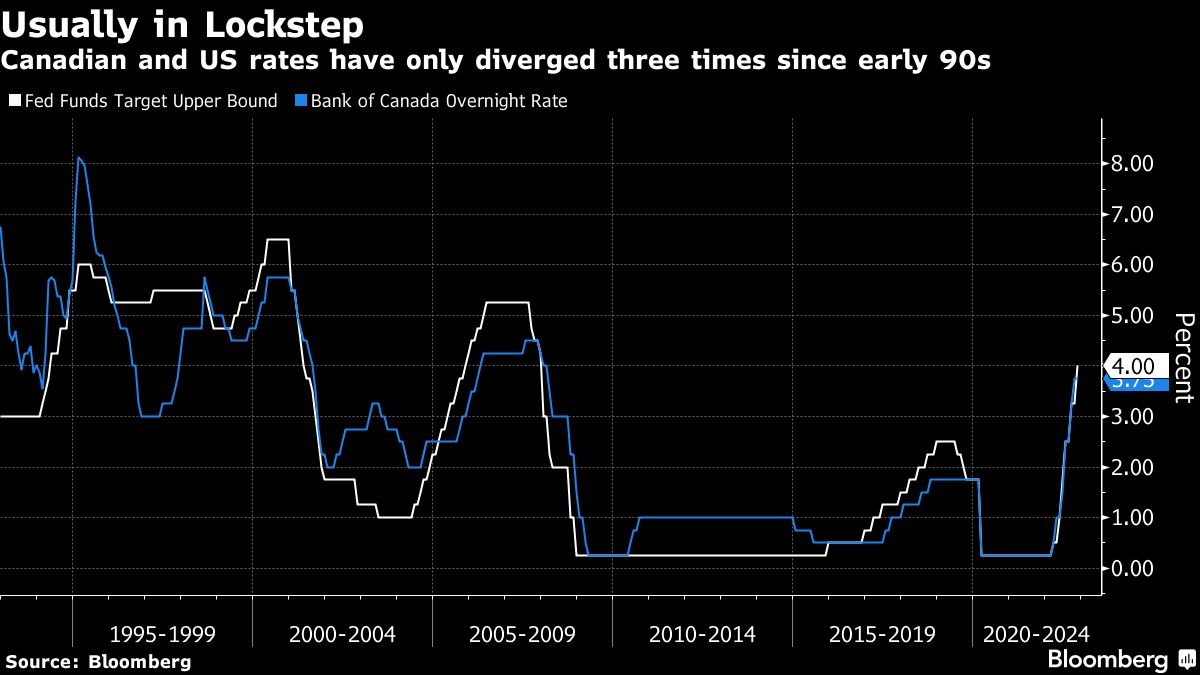A former director of quality and compliance at CannTrust Holdings Inc. says he warned the company's chief executive that Health Canada could levy penalties if the firm grew cannabis in unlicensed rooms at its Niagara, Ont. facility.
In the months leading up to Health Canada finding pot growing in unlicensed rooms, Graham Lee said Tuesday that he told Peter Aceto he couldn't say what the exact consequences could be, but knew the government regulator had previously issued warning letters and handed out penalties.
For example, Lee said Health Canada reviewed CannTrust's inventory more extensively after it discovered the company using a storage facility at its Vaughan, Ont. location contrary to licensing.
“In general, Health Canada was there every day checking up on the inventory," Lee recalled.
Though he warned Aceto about consequences, Lee said he didn't give him advice about whether to disclose alleged unlicensed growing to the public or Health Canada. Lee, who was hired by CannTrust in 2017, also didn't report it to the public or Health Canada because he didn't consider it his job.
His comments were made at the Old City Hall courthouse in Toronto in response to questioning from Dihim Emami, a lawyer representing the Ontario Securities Commission (OSC) in a case aiming to prove Aceto and other former CannTrust executives are guilty of several offences related to unlicensed growing at the Niagara facility.
Aceto, former CannTrust chairman Eric Paul and former vice-chairman Mark Litwin have pleaded not guilty to fraud and authorizing, permitting or acquiescing in the commission of an offence.
Litwin and Paul are also facing insider trading charges, and Litwin and Aceto are charged with making a false prospectus and false preliminary prospectus.
The OSC and Royal Canadian Mounted Police allege Litwin, Aceto and Paul did not disclose to investors that about 50 per cent of the growing space at CannTrust’s Pelham, Ont. facility in the Niagara area was not licensed by Health Canada. They say the men used corporate disclosures to assert that they were compliant with regulatory approvals.
They also allege that Litwin and Aceto signed off on prospectuses used to raise money in the U.S., which stated that CannTrust was fully licensed and compliant with regulatory requirements, and that Litwin and Paul traded shares of CannTrust while in possession of material, undisclosed information regarding the unlicensed growing.
The men no longer work for CannTrust and their lawyers are arguing their clients are all innocent.
Frank Addario, Aceto’s lawyer, previously told The Canadian Press his client was hired because of his financial acumen and track record. Before his time at CannTrust, Aceto was the president and chief executive of ING Direct Canada.
Addario also pointed out that CannTrust was subject to inspections and financial audits that uncovered no material issues.
“The evidence will show Peter Aceto behaved legally and with integrity during his time at CannTrust,” Addario said in an email.
However, Lee testified Monday that the growth of cannabis in unlicensed rooms was "very openly discussed" at the pot company.
“There was no hiding this. There was no denial of this," he said.
On Tuesday, he reinforced those allegations, describing how he brought up his concerns about unlicensed activity during at least one meeting in February 2019 that he recalled Aceto attended.
“I noticed that no one in the room was referring to or cognizant of the fact that these were unlicensed areas, so I reminded them," Lee said.
In response to questioning from Litwin's lawyer Scott Fenton on Tuesday, Lee added that during the application process, Health Canada requested photos of the doors in some of the unlicensed rooms where growing was occurring to ensure security protocols were being followed.
Lee asked staff to move plants out of the photos. He admitted this could be seen as "deception," but argued Health Canada might have already had knowledge that plants were in the unlicensed rooms.
"I did not hide the plants from Health Canada," he said. "On other occasions, we recorded them on reports, we took them through the rooms.”
He also believed the regulator heard about the unlicensed growing from Nick Lalonde, a former CannTrust employee who Lee heard was terminated for performance issues.
In the summer of 2019, Lee said Lalonde messaged him on LinkedIn asking if Health Canada would be OK with some of the company's practices, including unlicensed growing.
“You may reply if you like or I can ask Health Canada myself,” Lee said Lalonde wrote.
Lee didn't respond to the message, but said he wasn't particularly concerned
"I had a pretty fatalistic approach at this point. It is what it is," he told the court. "Lalonde is going to say what he is going to say and we will deal with the consequences.”
Health Canada later visited the facility. Lee deduced it was because of Lalonde because the regulator's questions mirrored the issues raised in his message to Lee.
By August, Lee was terminated and he surmised it was because of his knowledge of unlicensed growing along with his communications with Health Canada.
Lee, who still had 5,000 shares in the company, felt “not happy but not surprised.”


